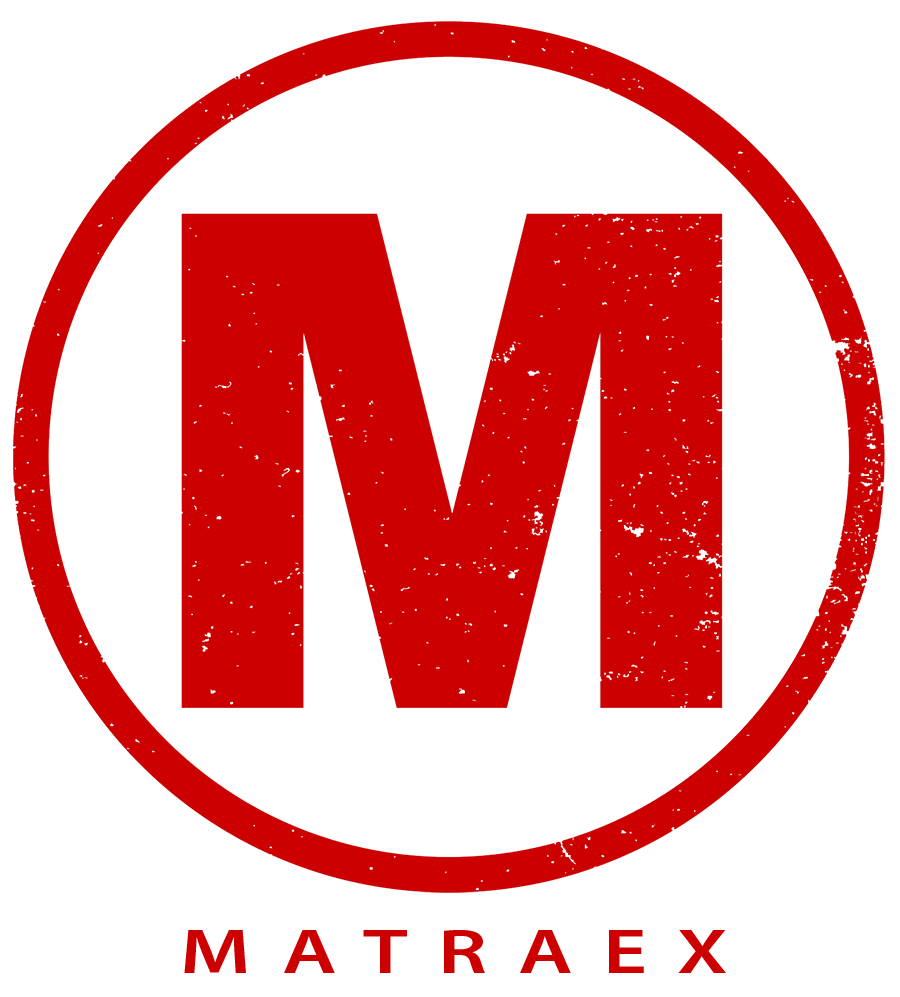Tag: non-disclosure agreements
Why Do App Development Companies Sign NDAs with Clients?

When you have an idea for a web app, mobile app, or special web design and go to an app development team to discuss the concept, it often isn’t long before the company requires you to sign a non-disclosure agreement (NDA).
There are many reasons, but it boils down to this: an NDA protects the intellectual property of both parties. An NDA reduces the chances of one party taking advantage of the other. It also establishes trust between the developer and the client, and protects the brand and reputation of both parties.
This article will answer the following questions:
What is a non-disclosure agreement?
A Non-Disclosure Agreement (NDA) is a legally binding contract that two or more parties sign (in this case the app founder and app development company) that protects confidential information from being shared with third parties. It helps to ensure that both sides will not disclose information to others.
In the case of an app development company and an app founder, an NDA is frequently initiated by the app development company, but that is not always the case. If the founder’s business, organization, or institution is a government entity, works closely with the government, or has trade secrets or other sensitive information that will be discussed during the building of the app, they may require their own NDA to protect their interests.
What are the different types of NDAs?
There are two types of non-disclosure agreements that an app founder and the app development company can sign:
- A unilateral or one-way NDA, which is designed to protect only one of the two parties involved. Employers sometimes require that new employees sign a unilateral NDA. This is also true when a company hires a contractor or if an inventor goes to a company to have an idea or invention evaluated.
- A bilateral or mutual NDA, which is designed to protect both parties equally. Both parties can limit how the other party will use or share their information. This is the type of NDA that app developers usually require.
How are NDAs written?
An NDA has three primary components:
- The parties involved. An NDA defines who is bound by the agreement and their obligations to each other.
- The confidential information. This section outlines the confidential information that the parties agree to keep secret. This can include trade secrets, ideas, techniques, processes, product information, and other proprietary information.
- The restrictions. This section outlines the specific restrictions on how the confidential information can be used and shared. It covers how long the agreement is in effect for and how the information can be shared, along with any other restrictions the two parties decide on.
For an NDA to be legally binding, it must include these three components. It must also be signed by all of the parties involved. In addition, most NDAs include language that allows for the agreement to be enforced in a court of law if necessary.
In order for an NDA to be legally binding, all parties must also have a clear understanding of the agreement and sign it voluntarily. It should be written in simple, understandable language that all parties can understand, and all parties should have the time needed to review the agreement and consider the terms before signing it.
As an app founder, what does an NDA do for me?
An NDA aids the app’s founder and the founder’s company in addition to the project manager in a number of ways:
- It shows the commitment of the app development company to protect confidential information and to the success of the project. This can help to foster a more productive relationship between the two parties.
- It establishes trust between the app founder and the development company they have chosen to work with.
- It promotes an environment that allows an app founder to talk freely about his vision without worrying that his idea could be stolen or is in jeopardy.
- It protects the founder’s intellectual property and any confidential information that may be contained in the app itself.
- It can prevent the founder’s competitors from obtaining access to the app’s ideas, designs, and other proprietary information and using it for their own advantage.
- It provides a legally enforceable means of protecting confidential information. It also limits the use of such information by the development company to ensure that their information is not misused.
How does a NDA help the app development company?
In addition, an NDA assists the software development firm in several ways:
- It ensures the confidentiality of an app developer’s intellectual property including their source code, programming language, software designs, and other proprietary information. By doing this, the NDA protects the developer’s ideas, designs, and developments from being stolen by competitors or malicious actors.
- NDAs can also help the development company from potential lawsuits or breach of contract claims from disgruntled clients.
- An NDA protects development companies from revealing sensitive information to their clients. This includes their development process, which protects the development company’s competitive advantage over its competitors.
- By signing an NDA, a client agrees to pay for the services provided and not use intellectual property without permission. This provides the development company with the assurance that they will be compensated for their hard work and that the client cannot take advantage of them.
What action can be taken if a NDA is violated?
If an NDA is violated, the injured party may take legal action against the other party. This would most likely be done through a civil case, and there have been instances when such action has gone all of the way to the Supreme Court. This action can include filing a lawsuit in a civil court and seeking a court order to prevent further violations. The affect party can also seek a monetary award for damages incurred by the violation.
The first step to taking legal action against a company who violated a non-disclosure agreement is to contact an experienced attorney. The attorney will review the contract and determine what legal remedies are available and how to best proceed.
The next step is to prepare a demand letter. The letter should include details of the breach and damages that were suffered as a result of the breach. It should also request for the company who caused the breach to take corrective action. In addition, the demand letter should state what legal action may be taken by the injured party if the company does not take corrective action.
If the company does not take corrective action after receiving the demand letter, the injured party may choose to file a lawsuit in civil court. The lawsuit should include all relevant facts, a statement of damages suffered, and a request for a court order to prevent further violations of the NDA.
If the court finds that the NDA was violated, it can award damages to the party affected by the breach. Depending on the particular circumstances, these damages may include monetary compensation, attorney’s fees, and court costs.
Finally, the court may issue an injunction ordering the company to stop further violations of the NDA. This injunction would require the company to take specific steps to ensure that it is in compliance with the agreement.
Matraex is a premier mobile and web app and software development company headquartered in Boise, Idaho. Do you have any questions about app development, web development, or technology in general? Matraex would love to answer them! Your question may even be featured in a future blog!
Contact us, leave a question in the instant messaging feature on our website, or put a question on our Google Business Page. We look forward to helping you become a more informed consumer.
Sign up to receive answers to your questions delivered directly to your inbox!
